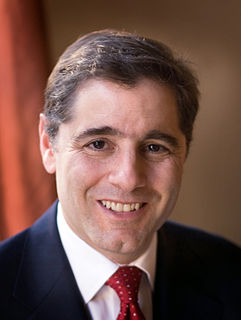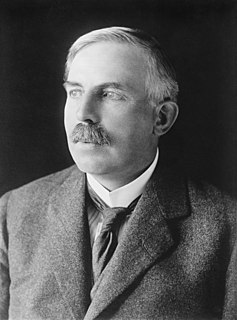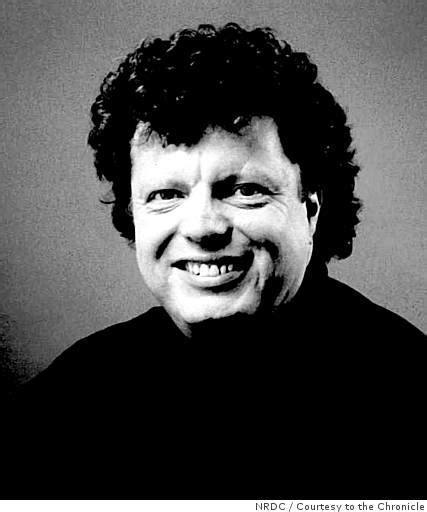A Quote by Devra Davis
Cellphone and other wireless radiation should be classified as a "probable human carcinogen."
Related Quotes
At least three studies, in the U.S., Canada and Sweden, have linked glyphosate exposure to the disease, and in 2015, the World Health Organization's International Agency for Research on Cancer found glyphosate to be a 'probable' cause of cancer in humans. California's state environmental protection agency has also declared it a probable carcinogen.
Only a very small number of the e-mails containing classified information bore markings indicating the presence of classified information. But even if information is not marked 'classified' in an e-mail, participants who know or should know that the subject matter is classified are still obligated to protect it.
Ionizing radiation may well be the most important single cause of cancer, birth defects, and genetic disorders... The stakes for human health are very, very high in radiation matters. It is essential that people take no chance that conflict-of-interest is producing radiation databases which...cannot be trusted.
Before Alar, there was EDB, a potent human carcinogen allowed in the grain supply and other food for more than a decade after it was known to be dangerous. There was heptachlor, linked to leukemia, and aldicarb, which poisoned thousands of California watermelons, yet is still allowed in potatoes and bananas at levels exposing up to 80,000 children a day to what EPA itself says are unacceptable high risks. Trust the government? Why should we?

































